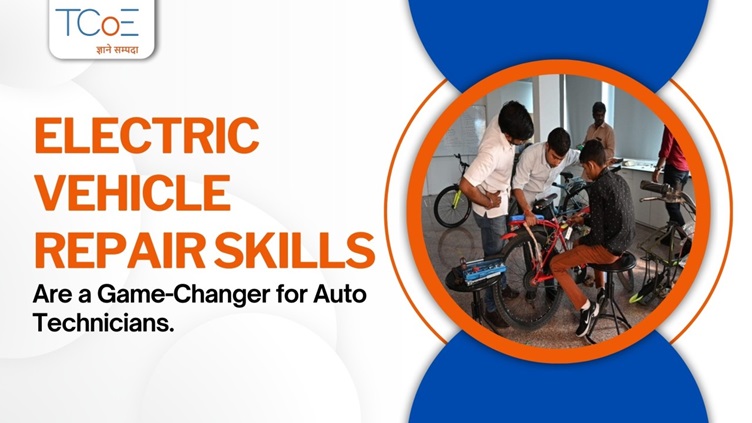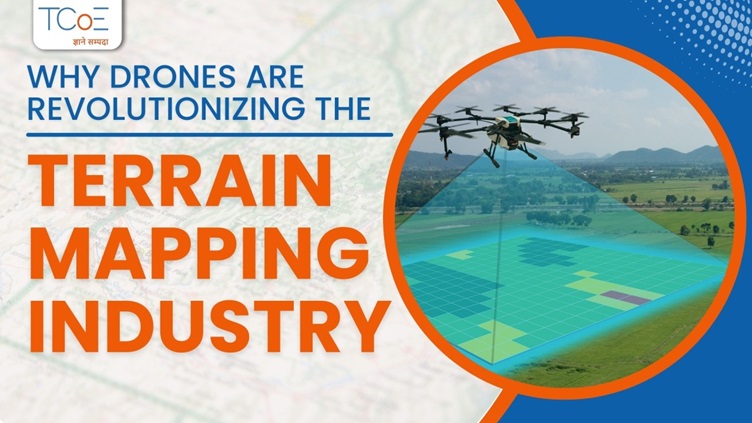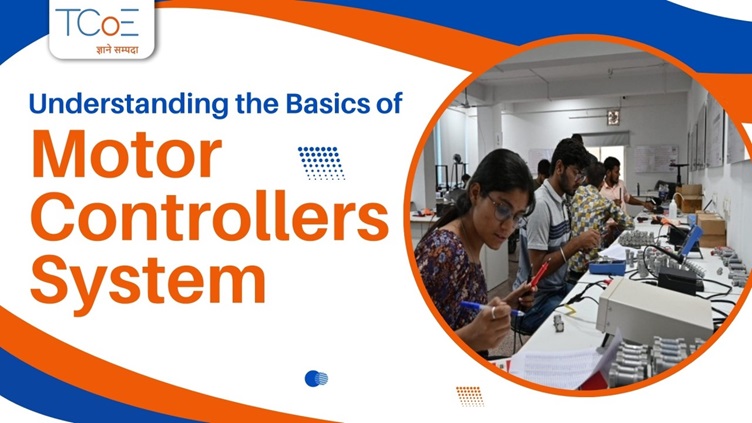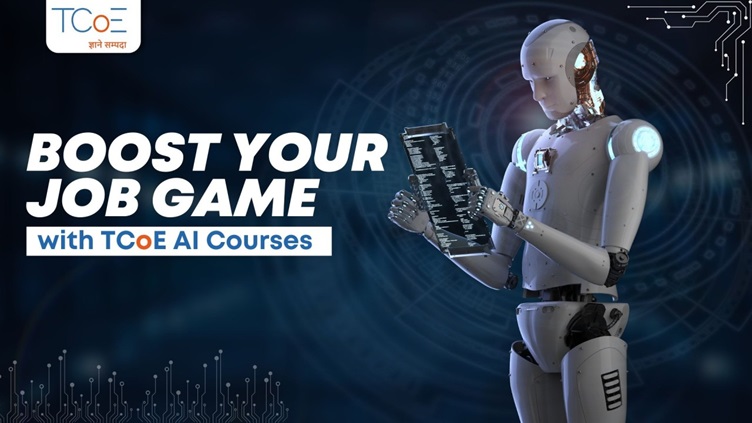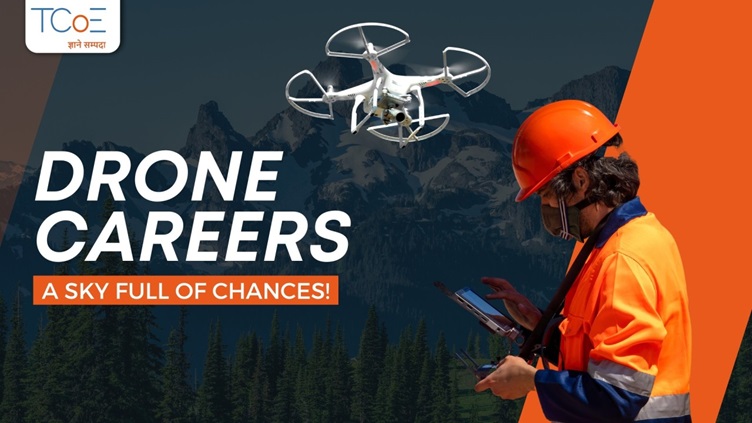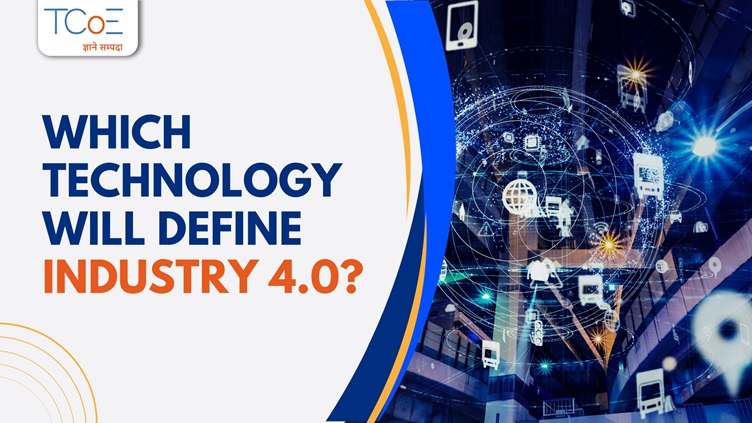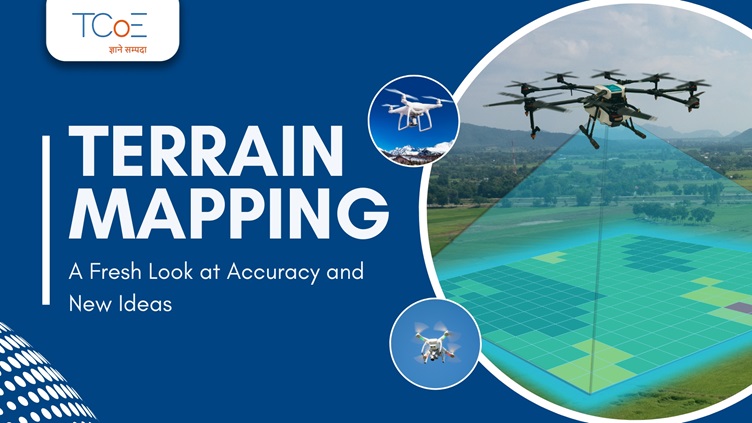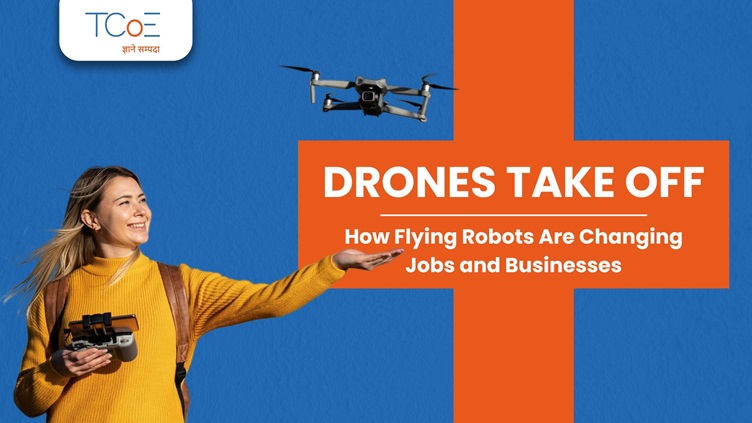Will Robots and Automation Replace Traditional Jobs in the Next 10 Years?
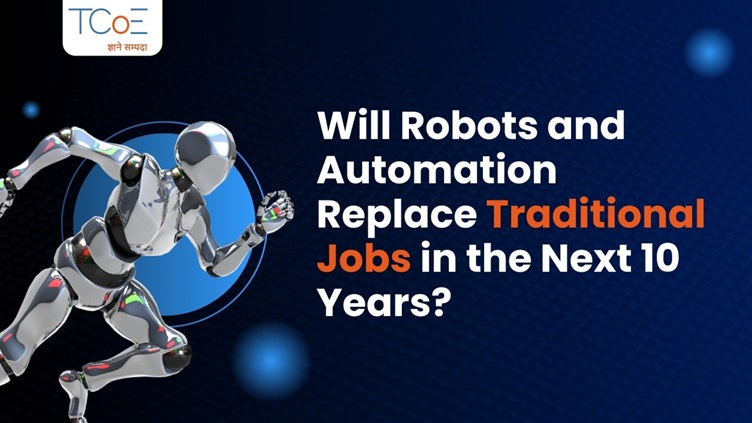
Robots taking over jobs is a hot topic when people talk about the future of work. As robotics AI, and automation improve, we now ask "when" these technologies will change industries, not "if" they will. But does this mean traditional jobs will vanish in the next decade?
The answer isn't simple.
Automation and Robotics on the Rise
Robots and automation are becoming a bigger part of workplaces in manufacturing, logistics, and even healthcare and retail. These technologies offer huge advantages—they boost productivity, improve accuracy, cut costs, and can handle repetitive work. Machines can work non-stop, don't need breaks, and often do tasks more than people.
We've seen robots managing inventory in warehouses, drones delivering packages, and AI systems processing data faster than any person could. The path of these breakthroughs suggests that machines will take over many jobs people do now.
Jobs That Machines Might Replace
Tasks that follow set rules and happen over and over are at the highest risk of being replaced by machines. Some jobs that might disappear include:
Factory workers: Machines are already common in plants putting products together with great accuracy.
Office clerks and data processors: Computer programs can handle and examine information much faster.
Help desk staff: Smart chatbots and digital helpers are beginning to take over roles that deal with customers in fields like banking and online shopping.
But automation won't just get rid of jobs—it will also bring new ones into existence.
What Jobs Will Look Like: Change, Not Disappearance
While robots and AI are changing how we work, we're not heading for mass unemployment. Instead, we're likely to see a change in job types rather than jobs disappearing . Here's why:
1. Human Skills Remain Crucial
Even as smart machines become more common many jobs need people skills creative thinking, and the ability to solve tricky problems—things robots can't do. Jobs in healthcare, teaching, counseling, and the arts are harder to automate because they need a human touch emotional smarts, and the ability to tackle complex issues.
2. New Roles in Emerging Technologies
The automation revolution has an impact on job creation. The rise of robotics AI, IoT, and Industry 4.0 technologies leads to a growing need for people to work in robot maintenance, AI development, data science, and cybersecurity. These jobs didn't exist ten years ago showing that as some jobs disappear new ones pop up.
3. Reskilling and Upskilling Are Crucial
To adapt traditional jobs, people need to learn all the time. Companies already put money into improving their workers' skills to help them move into new tech-created roles. Governments also focus on rules that back training programs to get workers ready for future jobs.
A Hybrid Workforce: Humans and Robots Working Together
The workplace of tomorrow will have humans and machines working hand in hand making the most of each other's strong points. Collaborative robots, or "cobots," are already proving how robots can boost human productivity instead of taking over jobs. Take manufacturing, for instance. Cobots help workers by doing the heavy lifting or tasks that need pinpoint accuracy. This lets humans zero in on more important jobs like checking quality and coming up with new ideas.
What About Job Security?
Change will happen no matter what, but we don't have to focus on worrying about losing jobs. Looking back, people have always been scared about job security during every industrial revolution, but new jobs and industries always pop up in the end. The important thing is to stay open to change and ready to adapt as technology moves forward.
Conclusion: A Decade of Transformation, Not Replacement
Will robots and automation take over traditional jobs in the next ten years? The answer is more complex: machines will replace some jobs, but many will change or emerge. Future workers will combine human creativity with machine accuracy, and those who can adapt will succeed. Robots will handle repetitive work, but human imagination, compassion, and planning will keep us valuable in the workplace.
The next decade won't just eliminate jobs—it will transform them.


